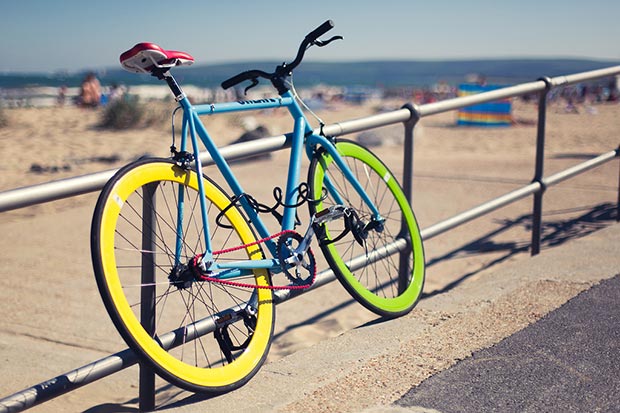Agency reports from BBC, Reuters and Sky News
The ‘Friends of Syria’ group will meet today for the first time in Tunis to discuss the increasing level of unrest in Syria.
Western and Arab leaders will call for immediate action urging Syrian President, Bashar al Assad to agree to provide humanitarian aid within 48 hours in the worst affected areas. Around 70 nations including the US, UK, France and Turkey are attending the conference. However two main confederates, China and Russia, are not attending the conference.
“We have to put pressure on our Russian friends because there are already signs that China is ready to change its position”, said Tunisia’s President, Moncef Marzouki, referring to the two nations that blocked efforts by the UN Security Council to address the crisis.
The conference is expected to agree on demanding a ceasefire and humanitarian assessment. A draft conclusion of the conference will involve demanding the Syrian authorities to facilitate the delivery of emergency aid. The areas worst affected include Homs, Deraa and Zabadani. However, so far the Syrian regime has refused to coordinate.
An updated draft declaration from the meeting called on Syria to “immediately cease all violence” in order to allow the United Nations access to Homs, and to let agencies deliver aid to civilians affected by the violence.
US Secretary of State Hillary Clinton said she wanted to see progress on three fronts – providing humanitarian relief, increasing pressure on the regime and preparing for a democratic transition of power.
“To that end, we hope to see new pledges of emergency assistance for Syrians caught in Assad’s stranglehold, and international co-ordination and diplomatic pressure on Damascus to allow it to get to those who need it most. We also expect additional nations to impose effective sanctions against the regime,” said Clinton.
Mr Marzouki added: “We have to keep putting political pressure on the Syrian regime.”
The Tunisian president said Russia would be key to persuading Mr Assad to step down and urged the international community to increase the political pressure on Moscow.






